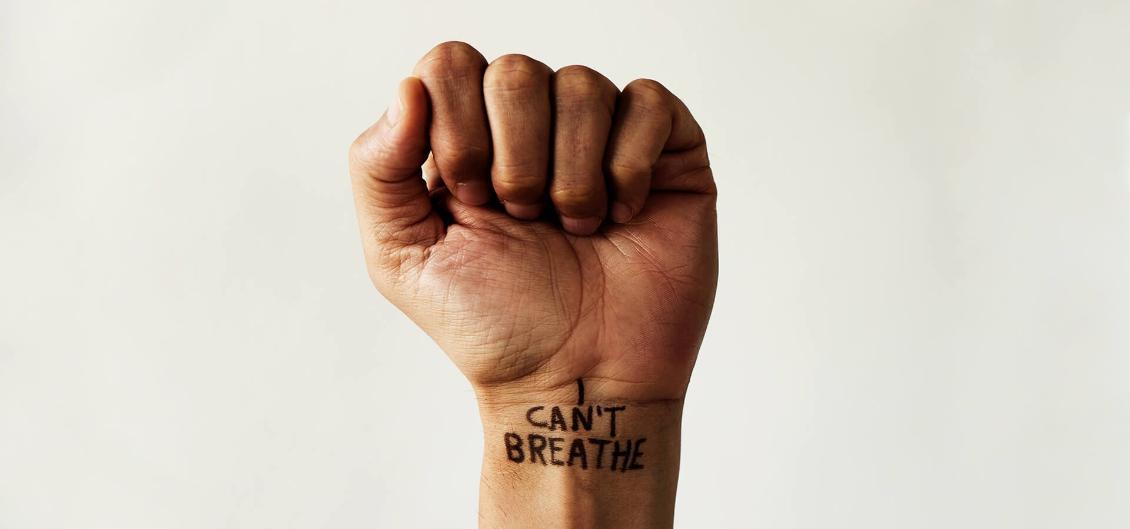/151x0:980x529/prod01/channel_34/media/albers-school-of-business-and-economics/news-and-events/I-Can't-Breathe-banner_Albers-School-of-Business--Economics-1130X529.jpg)
A Commitment to Change Here in the United States of America, we are all living under a deeply disturbing cloud. Its origins go far back, but it has grown more ominous with the onset of the COVID-19 crisis, and more troubling with the tragic and unacceptable death of George Floyd and other Black Americans. Racism is real.
A Commitment to Change

Here in the United States of America, we are all living under a deeply disturbing cloud.
Its origins go far back, but it has grown more ominous with the onset of the COVID-19 crisis, and more troubling with the tragic and unacceptable death of George Floyd and other Black Americans.
Racism is real. And while it affects many people, it is a particular burden for the Black community, and that is as apparent now as it has ever been.
All the data clearly show that COVID-19 has had a disproportionate impact on Black Americans, and then add to that the killing of George Floyd, Ahmaud Arbery, Breonna Taylor, and far too many others.
The injustice of racism is not just an issue for our university, it is also one for our business school. It is an issue we may cautiously have acknowledged in the past, but not one that we have truly taken on.
Of course we must support our students who experience racism, and at the end of the day, only they can say if we have.
But we also have to make the challenges of racism in our society part of the educational experience for all our students. It has to be in the curriculum in an intentional and systematic way.
We are not doing that as of now. Some business courses and some business faculty may expose some business students to how systemic racism influences business systems, policies, and operations, but it is not happening for all business students.
That needs to change, and making that change is staying true to the legacy of Jesuit education and the history of Seattle University. Albers will make this a priority over the next year and beyond.
We cannot allow the uncertainty of COVID-19 to distract us from that effort. However we emerge on the other side of the pandemic, it will only have been worth it if we can say we are taking on the issue of racism in our society.
These are troubling times and the emotional toll is too high for many of us. We must support those suffering injustice and commit ourselves not only to acknowledging change is needed, but to ensuring change happens.
I invite all students, faculty and staff to join with me as Albers addresses the issue of racial justice.

Joseph M. Phillips
Dean, Albers School of Business and Economics
Friday, February 2, 2018
/79x0:1051x614/prod01/channel_34/media/seattle-university/news-amp-stories/images/Seattle-U-Gives-final-use-1130X614.jpg)
/143x0:2247x1329/prod01/channel_34/media/seattle-university/news-amp-stories/images/cornish-exterior-large-form-use-this.JPG)
/77x0:1122x660/prod01/channel_34/media/seattle-university/news-amp-stories/images/KXSU-final-image.JPG)